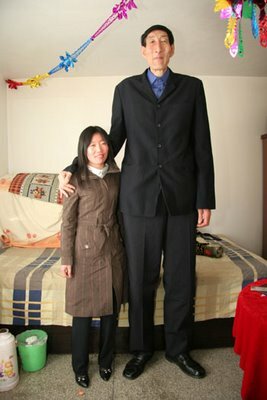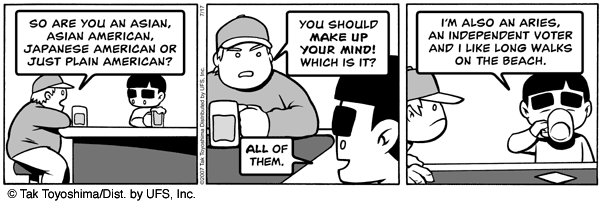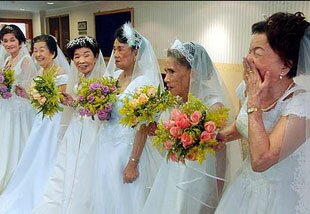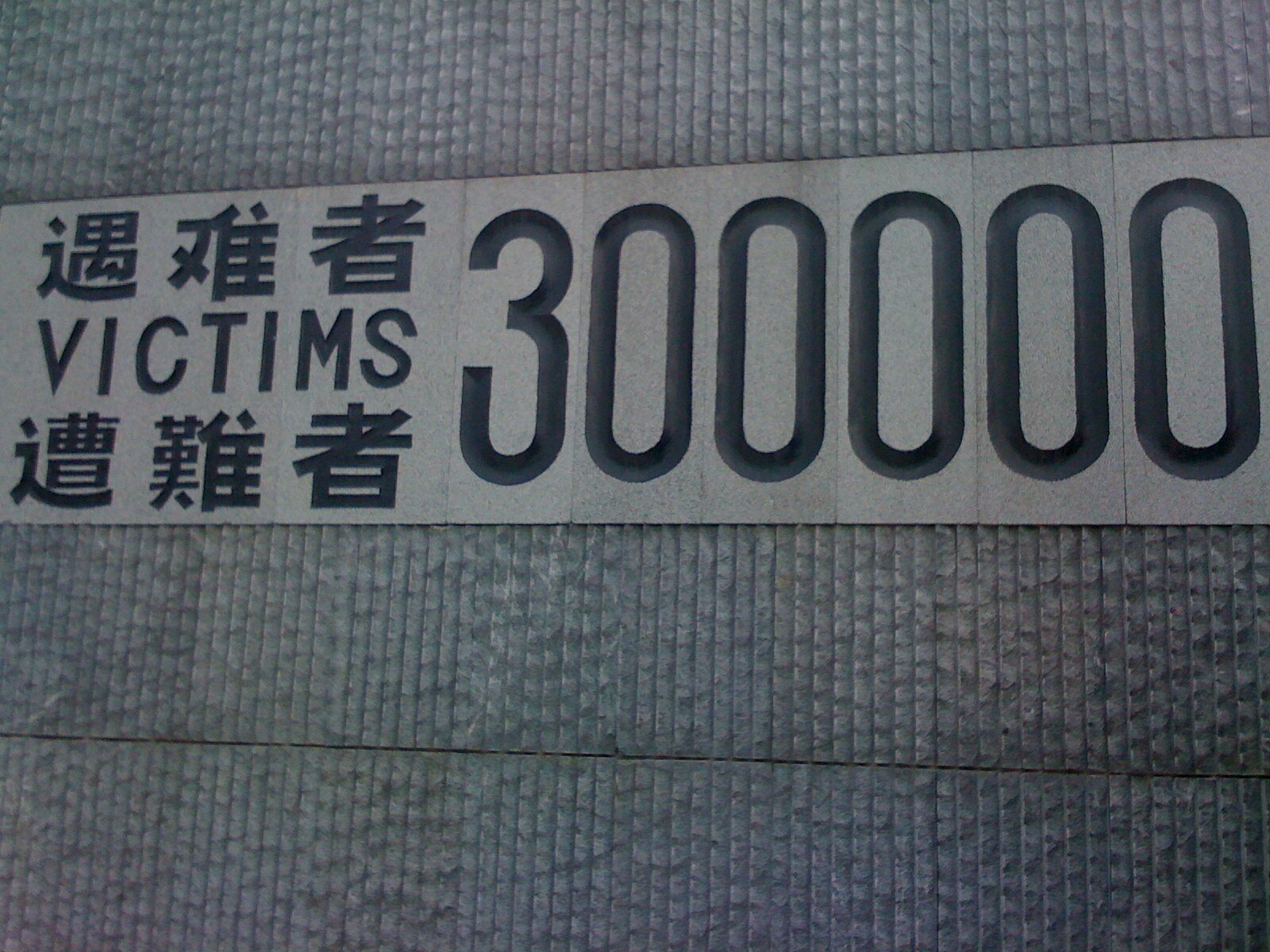
“The ancient commission of the writer has not changed. He is charged with exposing our many grievous faults and failures, with dredging up to the light our dark and dangerous dreams for the purpose of improvement.”
–John Steinbeck
Rape, torture, and war crimes are the twisted common tongue spoken by those falsely entrusted with humanely executing and conjugating wars humanely–if such a a mournful ideal is even possible.
I spent a week up north recently, most of the time in bed ragged from battling a relentless fever, and would have recovered sooner if not for my long climbs out of exhaustion to explore China’s City of Ghosts, Nanjing. I had studied diligently for decades the massacre branded incident by revisionist Japanese historians. I had to see the unresolved grief of a nation now shaped into a memorial and on display so the world will not forget the Asian holocaust and the 20,000,000 lives surrendered in Korea, Burma, Taiwan, The Philippines, Thailand and the whole of the Pacific Rim enslaved by Japanese, greed, lust and an imperial megalomania.
The memorial hall, a coffin-like structure near the burial site of murdered Chinese (“Wan Ren Keng” or Pit of Ten Thousand Corpses) was built ostensibly to honor the memory the 20,000 women raped and some 300,000 citizens slaughtered in fewer than eight weeks of Japanese occupation. Some Japanese “negationists” dispute the number and others even label the talk of massacre a mere act of Chinese propaganda.
What is known, from diaries and collected records from such groups as the Red Swastika and ten other international aid groups, documented the burial of more than 150,000 remains in Nanjing. And I had expected the memorial to make heard the collective wail of a lost souls and a people humiliated beyond the darkest, most appalling horrors your imagination can conjure.
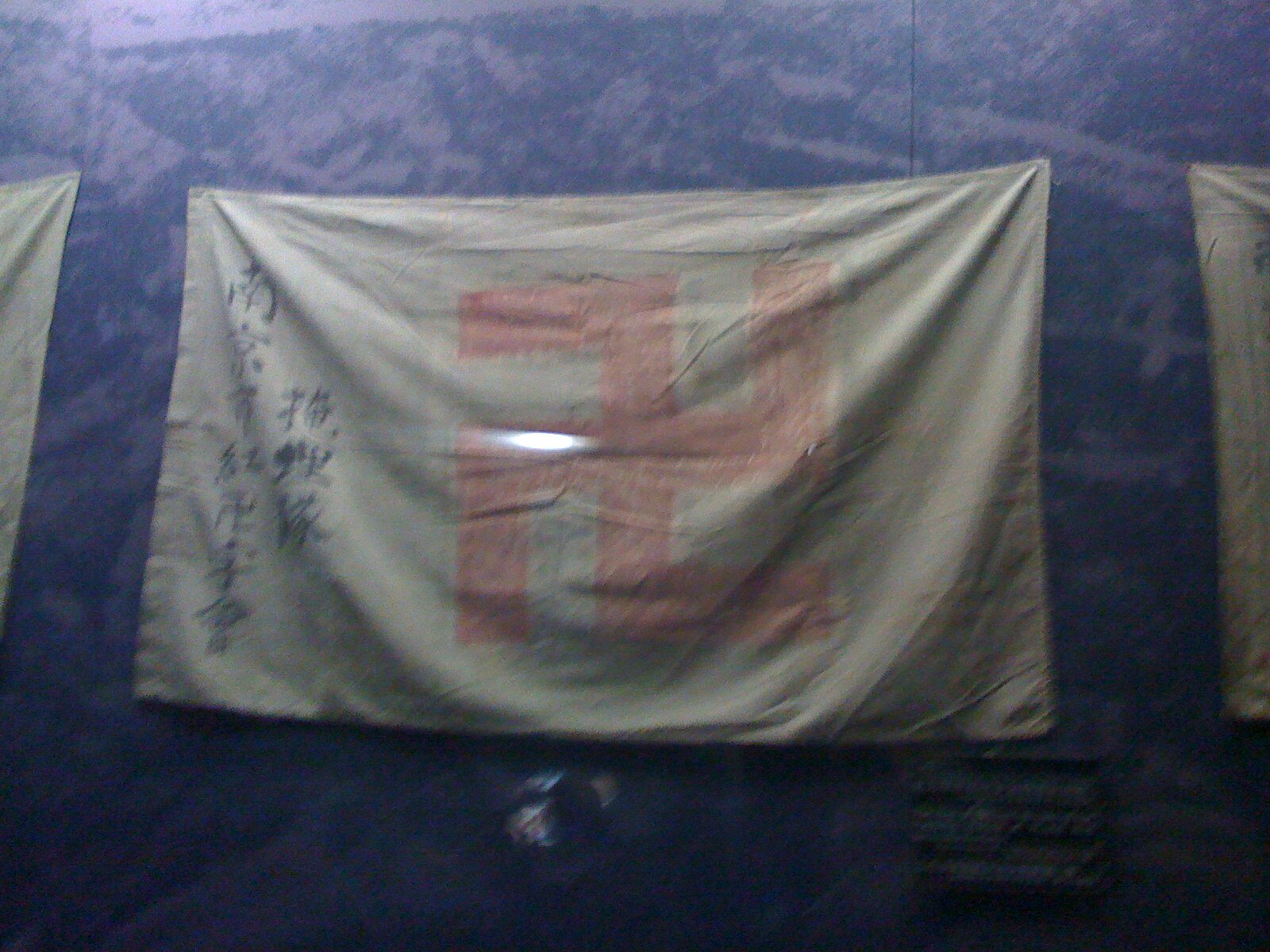
I braced myself going in for a repeat of the suffocating, intense pain I felt when visiting the concentration camp at Dachau, the Holocaust Museum in Washington, DC or the Vietnam Memorial at Angel Fire New Mexico. These feelings never came. Maybe it was because I was unable to separate myself for any reflection from the constant ring of cellphones, or the it could have been the relentless manifestations of the number “300,000” that seemed there more as a rebuke than a eulogy, or perhaps it was the theme park feel of the exhibits, the horrific English translations at each station. Too, I nearly drowned in rhetoric about the glorious defeat and surrender of the Japanese to the Chinese forces. The sprinkling of mentions of the Allied sacrifices in support of China were disappointing and infuriating. There was a single picture and only a brief mention of fearless men, like Doolittle’s Raiders or the Flying Tigers, who were pivotal in Japan’s defeat. If China hopes to extract honesty and contrition out of Japan and an amendment of inaccurate history books it should clean the window displays at the memorial and allow a bit more transparency…
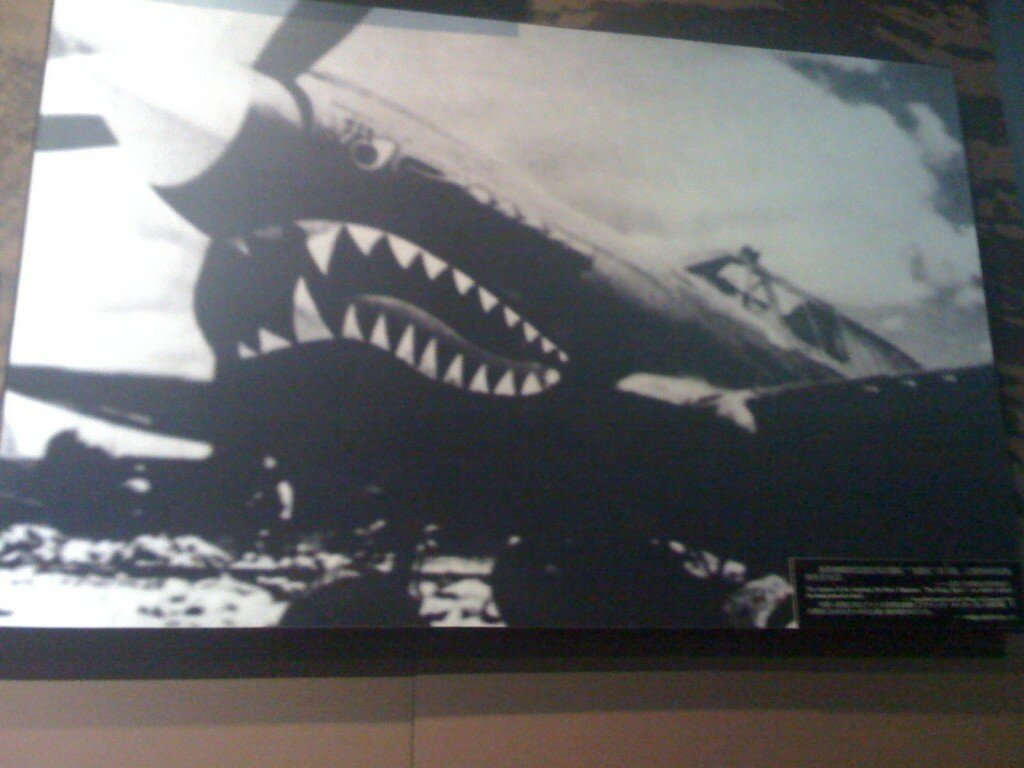
I was stuck by the tributes to some of the heroes who created a diplomatic safe zone that fended off the Japanese and saved some 200,000 lives at risk of their own:
When the Japanese invaded China in 1937 the world chose not to respond to reports of atrocities that were themselves biblical in magnitude. In one of the most perfect examples of repeated cosmic irony, John Rabe, a member of Germany’s Nazi party became the “Angel” or “Living Buddha of Nanjing” alongside its “goddess” an American Christian missionary by the name of Minnie Vautrin. After being rebuffed by their respective diplomatic liaisons they established the “safe zone” that saved people from being tortured, burned alive, buried alive, decapitated, bayoneted raped or shot for sport. They acted for God, or in God’s stead, as the behavioral contagion of evil spread throughout the occupying Japanese Army. Further sad irony is the later suicide of Vautrin, attributed to Post Traumatic Stress, and the death of an impoverished and sick Rabe. Rabe was arrested by his own party for his involvement in Nanjing, and then tried after the war for his earlier Nazi affiliation depleting his resources, devastating his health and forcing him to live in poverty.
Too, there was a small tribute to Iris Chang the author of the book The Rape of Nanking. She, to paraphrase Steinbeck, dredged into the light the horrors of Nanjing so thoroughly and unashamedly that the Japanese banned her book citing minor factual discrepancies with their own records. Chang’s death by suicide in 2004 is a lightning rod for controversy: despite psychological treatment for depression and three separate suicide notes, it was thought by many conspiracy theorists that Chang was murdered for endlessly embarrassing the Japanese such as she did by advocating congressional demands for Japanese apologies and confrontations on national TV with the Japanese ambassador. The documentary based on her book and released in 2007 was dedicated to Chang and can be viewed at the memorial.
From an earlier treatise on Nanjing:
Several years ago Rabbi Harold Kushner made popular a treatise on the Old Testament Book of Job. When Good Things Happen to Bad People took on the daunting task of explaining why God, in the allegorical text, might have subjected his dutiful servant Job to all manner of physical and emotional trauma while expecting him to be obedient and adoring. The book purportedly meant to give us comfort by explaining what laymen already had resigned themselves to knowing about Job: adversity just happens and we need to content ourselves with the knowledge that God has a greater plan to which we are not yet privy.
I never accepted Kushner’s easy out; so when tasked with teaching the Bible as Literature to Chinese students this year, I studied Job knowing the first question my young scholars would ask was identical to my own: why would man’s creator willingly torture a loving being, cast in his own image, for the sake of a cosmic bet with the devil? I found the answer in the actions of Job’s friends, not those of God as he was portrayed by the allegory’s author: Job’s friends willingly abandoned him. It was with that realization that Job became, for me, less of a lesson about obedience and worship and clearly a moral guide to my responsibilities to my fellow man.
If it is the duty of the artist to expose the truth to the light, it is the job of the historian to frame and disseminate the events that can re-shape our souls whether we think them to be temporal or divine.
Rabe and Vautrin did not leave the Jobs of Nanjing to suffer the mysteries of fate: They were courageous against uncertainty, raised rational voices amidst the absurdity of war, and thankfully were more committed than the closest of personal friends during a time of horror and anguish.
I read last year where 46% of people answering a poll on the social networking site Facebook said they had no desire to see the documentary Nanking. It is likely the emotional cost, not the price of a ticket keeping them away from the film. Some, like Job’s fair weather friends, do not feel the need for humanitarian counsel. It seems some things are slow to change, but that should not stop anyone, artist advocate or historian, from authenticating the past by giving voice to those are not heard even in the terrible silence of indifference. Carolyn Forche, in her award winning book, The Country Between Us writes: “There is nothing one man will not do to another.” Steinbeck was right: we have usurped the authority and have supposed ourselves to carry the omniscience once ascribed to God.
While I agree with Steinbeck, Kushner and I diverge: I don’t think God, in any any of the earthly renditions we have supposed for his form or character, plays cosmic dice at our expense. And while I know first-hand the pain man is capable of inflicting, I choose to include charity among the many intentional acts that we might choose to commit.
The memorial, in all of its 300,000 (300,000) square feet of glorious anguish is overdone, smacks of a governmental, not humanitarian, agenda. I say, go see it, but view it as much as a metaphor for China’s lingering national insecurities and continued shame over its inability to end the Japanese occupation alone.
May the digital temple bell that rings every ten seconds carry some semblance of the truth of man’s inhumanity to man beyond the boundaries of any heartless ideologies.
P.S. Special Thanks to my open minded, well informed and linguistically gifted guide and interpreter for the week Chen Chan and his teacher
Asia,
China Editorials,
Chinese Education,
Human Rights,
Human Rights China,
Intercultural Issues,
Japan,
Uncategorized,
中国
